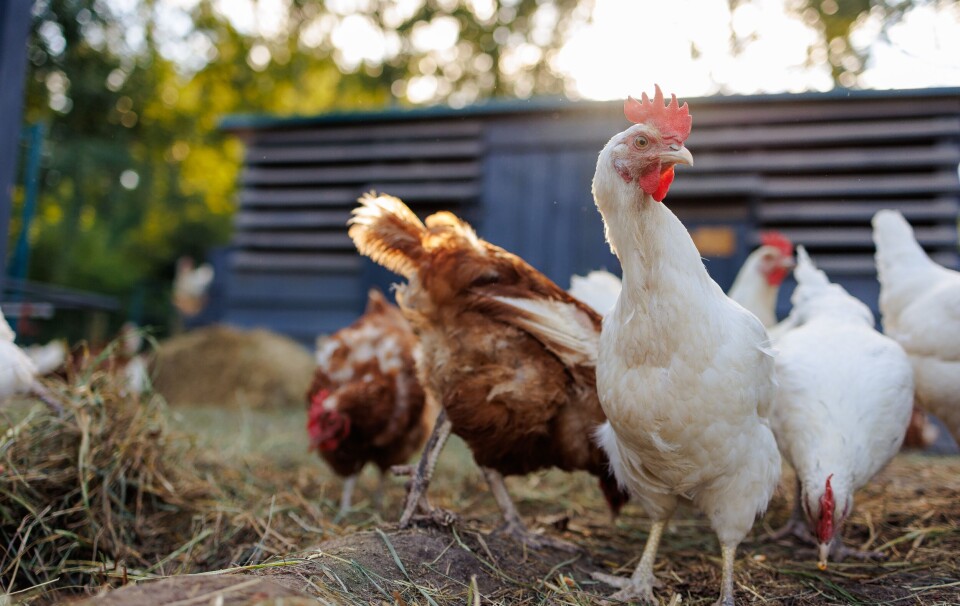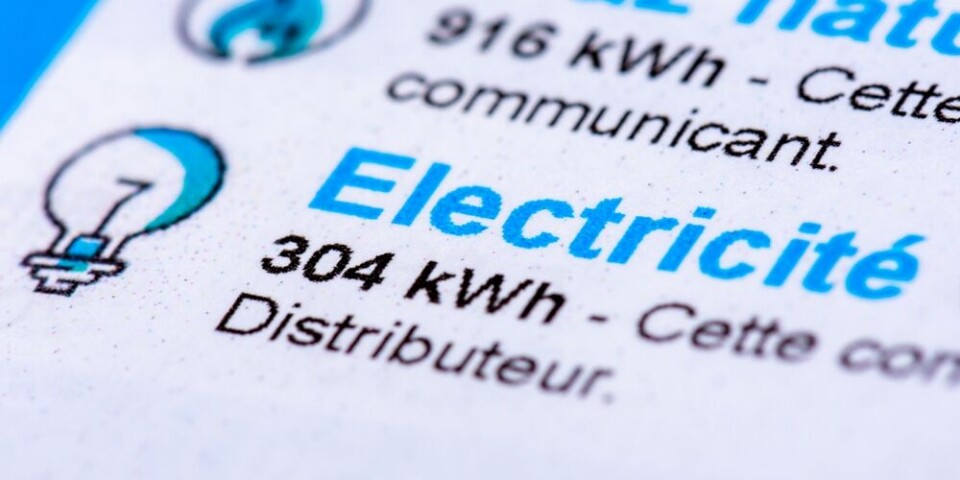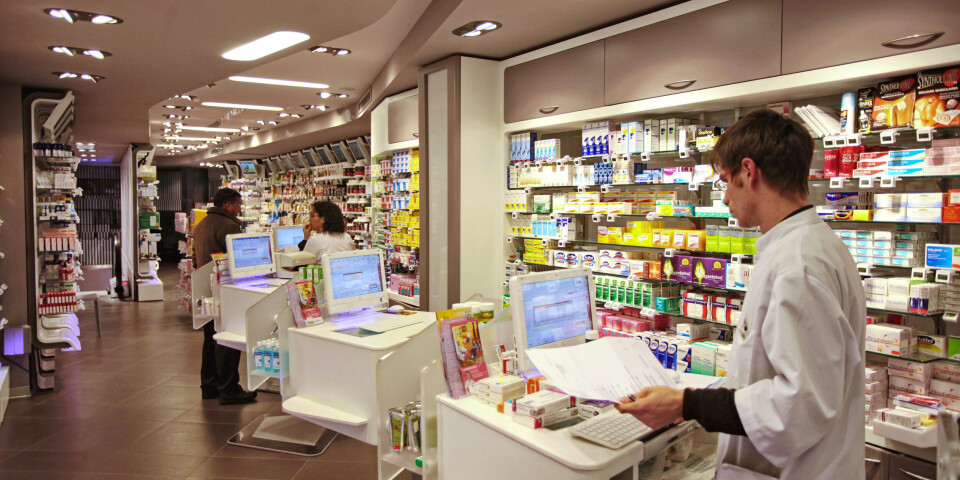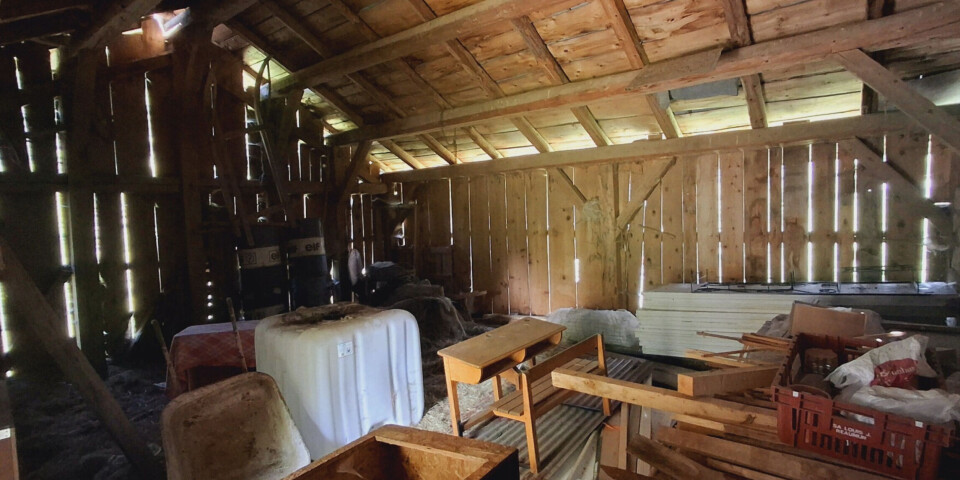-
French MPs vote through tax credit for mandatory garden undergrowth clearing
The tax credit would help with costs of annual débroussaillement in affected areas
-
What changes in France for residents in November 2025?
EES checks rollout, energy bills, taxes, and winter rules: See what is changing in France next month
-
French politics update: budget stand-off, potential new elections, and why November 15 is so important
MPs are set to hold a crucial budget vote on November 4 but it looks unlikely that consensus on text will be found
Organic food condemned for ‘promises’ in French report
A French consumer group has condemned the organic food industry for offering “mountains of promises” that they often cannot keep, in a report for which it tested 130 organic products.

The consumer group 60 Millions de Consommateurs tested a variety of foods including milk, cereals, spreads, fruit, wine, meat and fish, as part of its July-August magazine special dedicated to “the best of organic”.
It aimed to investigate what it called “the mountains of promises” of a sector that is “far from faultless”, and also condemned the fact that organic products, with the AB label, can often cost much more than their “conventional” counterparts.
Products were criticised not only for their higher price, but also for continuing - in some cases - to use elements derived through the exploitation of immigrant workers, or the use of ingredients such as palm oil, which has been linked to global deforestation.
Deputy editor Christelle Pangrazzi said: “At a time of multiple food scandals, the [AB Agriculture Biologique organic] logo is seen as the holy grail. But it is far from faultless.
“When choosing organic, consumers should have a guarantee of buying responsibly, from a nutritional wellbeing standpoint as much as an ecological or ethical one.”
Ms Pangrazzi added: “It is no longer the time for mountains of promises, no matter how ‘organic’ a product may be.”
The magazine, which is edited by consumer institute l’Institut National de la Consommation, also highlighted other areas that could be improved, including the use of pesticides, intensive farming practices, eating fruit and vegetables out of season, and the wrapping of produce in plastic.
It added: “Eating organic exclusively is a ‘utopia’, for economic reasons, but also because not all foods are available [in organic form].”
The magazine comes in the same week as national organic development agency the Agence Bio (Agence Française pour le Développement et la Promotion de l'Agriculture Biologique) released figures showing that 5% of foods bought in France are now organic, representing a market of almost 10 billion.
The agency also highlighted the market impact of supermarkets, which now sell half of the organic products sold, in contrast to previous years, when the sector was the preserve of specialist health shops.
Stay informed:
Sign up to our free weekly e-newsletter
Subscribe to access all our online articles and receive our printed monthly newspaper The Connexion at your home. News analysis, features and practical help for English-speakers in France
























